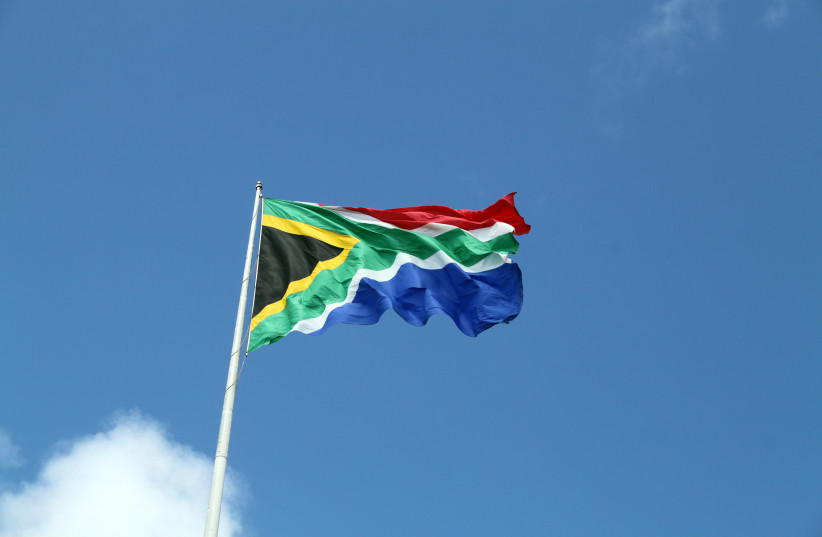Although I have loved living in Israel for the past 35 years, I intensely dislike what’s happening right now. A legendary landsman, Avraham Infeld, who recently celebrated his 80th birthday after devoting his career to strengthening Jewish identity and Israel, told me, “You can love your country but not like what’s happening. As South African Jews who lived under apartheid, we’re familiar with that feeling.”
“You can love your country but not like what’s happening. As South African Jews who lived under apartheid, we’re familiar with that feeling.”
Avraham Infeld
Like most South African Jews, my family are Litvaks. Our ancestors left Lithuania in the late 19th and early 20th centuries, sailing to the spectacular shores of Cape Town. Decades later, an estimated 95 percent of Lithuanian Jewry – more than 220,000 people – were decimated during the Holocaust, many of them murdered by fellow Lithuanians.
Bulawayo-born director Michael Kretzmer’s new documentary, J’Accuse!, chronicles how Lithuania still reveres Jonas Noreika, who ordered the massacre of 1,800 Jews in Plungė, and other Nazi collaborators. The film revolves around a campaign to bring the truth to light by journalist Silvia Foti, Noreika’s granddaughter; and activist Grant Gochin, whose relatives were among Noreika’s victims.
My tough paternal grandfather, Harry Linde, was born in Kėdainiai (Keydán) and never talked about the Holocaust, but I learned in 2013 after a trip to Lithuania with a delegation of journalists that several of our relatives there had perished.
A writer named Olga Zabludoff posted a photograph of a plaque with their names. “What a shame that your whirlwind tour did not allow even an hour for you to visit your grandfather’s shtetl when you literally whizzed right by it!” she admonished me. “It would have been an eye-opener for you to see your Linde family’s names memorialized on the walls of the Multi-Cultural Center of the Kėdainiai Regional Museum.”

In apartheid South Africa, our family refrained from talking politics at the dinner table, particularly on Jewish holidays. The irony struck me one Passover: We were sitting around the Seder table reading about the Exodus from Egypt while we were waited on by “servants” named Moses and Miriam.
Passover, South Africa, apartheid, Israel and freedom
There are some 25,000 former South Africans living in Israel today, about half the number of Jews residing in South Africa. When my family made aliyah, we believed we were leaving behind the injustices of an apartheid state in favor of the freedom guaranteed by a democratic Jewish state. And indeed we were, despite the lie that Israel is an apartheid state promulgated by its enemies.
Signing up for the IDF, I recalled that my great-grandfathers dodged the draft in the Russian Army; Harry Linde fought in the British Army’s Transvaal Scottish Regiment in World War I; and my father evaded the South African Army by moving to Rhodesia (now Zimbabwe), where I was born. I was proud to serve in the Israeli military, which I viewed – together with the State of Israel it serves – as the best way to prevent a Holocaust from recurring.
Israel today, though, is deeply divided – between Israelis who strongly support the government’s judicial overhaul plan and those who ardently oppose it. Still, even as President Isaac Herzog issued a passionate plea on March 16 for a dialogue between the government and the opposition to avert a civil war, he acknowledged that both sides love Israel.
The World Happiness Report 2023 announced in March that Israel is the fourth-happiest country in the world – its highest placing since the United Nations-sponsored index began publication in 2012 – behind Finland, Denmark and Iceland.
As we celebrate Passover, Easter and Ramadan this year, Israelis should embrace their freedom to voice their opinions and protest with impunity, accepting their differences yet ultimately rallying together for the sake of Israel’s future. In the spirit of Ehud Manor’s famous Hebrew song, let’s remember that we are one people who have no other country.
